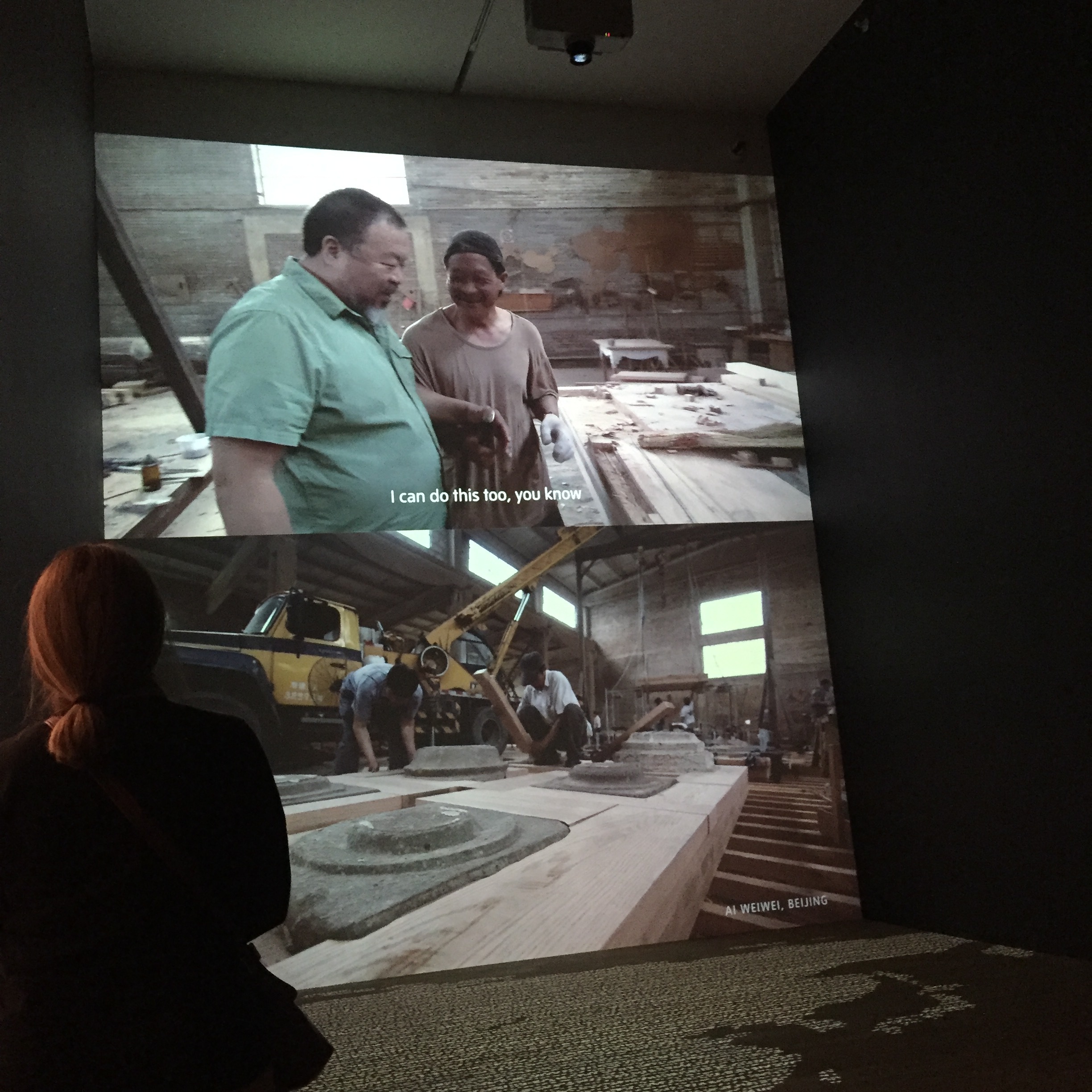In January 2017, I travelled to Serbia to make a short film for the Guardian about mostly Afghan and Pakistani migrants stranded in squalid and freezing conditions on Belgrade as they tried to enter the EU. There I met Ahmad (not his real name) and Mati, two former interpreters for the US military in Afghanistan. Already then, they felt their lives were in danger from the Taliban, already resurgent in much of the Afghan countryside. Mati had been kidnapped by them before and his family received threats. Ahmad, who worked full-time for US forces for five years and then another two via an agency, had applied, as many did, for Special Immigrant Visas (SIVs) for himself and his family twice, and was twice refused. So he joined the flow of migrants heading overland, hoping for better luck to Europe. I spent a week with them and produced Frozen Out.
Ahmad’s identity was not obscured in the original film. He and Mati were smuggled into Hungary, where they were caught and placed in a closed camp. Mati eventually got out on the grounds it was damaging his mental health, and made his way to France, where he is to this day. Ahmad, however, was given the choice between returning to Bulgaria, his first point of entry into the EU, or returning to Afghanistan. Certain he would never be given asylum in Bulgaria, a country he and others complained was especially inhospitable, he returned to his family in Afghanistan.
There, with the help of his former commander Bradley Lovin, he applied yet again for an SIV. This time, it appeared to be going ahead. He says he was told to prepare, spent over $2,000 USD on health checks and gathering necessary documentation, and gave the family’s passports to the embassy. After months waiting, the passports where returned, rejected again. Lovin continued to push; his case was raised in an EU parliament hearing on protecting interpreters who had worked for EU countries and their allies, where I showed this film. Nothing worked.
As the Taliban advanced on Kabul, Lovin stepped up efforts to help him apply again for an SIV and then for evacuation. I wrote hopelessly to my local member of parliament in the UK. When the Taliban took Kabul, Ahmad spent days camped out with the thousands of others trying to get into the airport, and nearly missed a bomb attack that killed at least 60 people. When the last British and European flight left, he sent a message “at least we tried…” Then the last US flights departed. What next? President Biden has committed to use diplomatic means to help Afghans who worked with the US to get out. But after this hasty and chaotic exit, how can Ahmad and thousands of others feel anything but abandoned?















